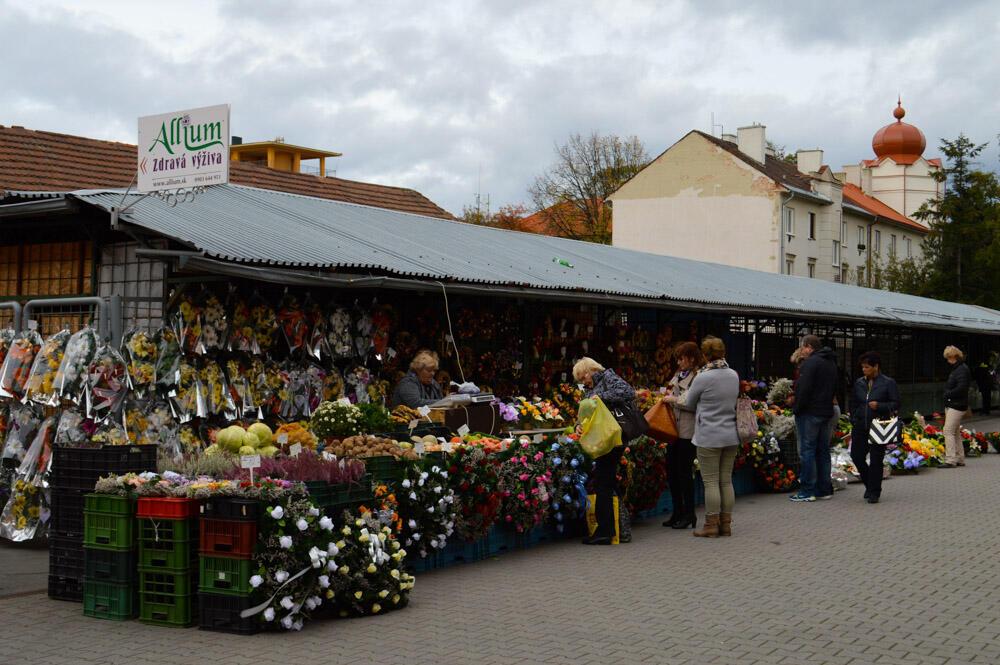Living here these past few months, I have realized that I never really known a stranger. Not in the United States. The numerous people I viewed as so far removed from my world, in reality, were nearer to me than I ever could have imagined—a fact only unveiled by staying abroad for a lengthy period of time.
Take any American around my age, more than likely our childhoods feature many of the same experiences; the things we learned in school, the games we played, and the television shows we watched to list just a few. Furthermore, US compatriots, even if our perspectives differ, share the same general political and cultural outlook. Our politics make sense to us (I mean, most of the time), our morals, though always in flux, are virtually universal as are the stereotypes which, for better or worse, color our views of the world. I’ve discovered this with the other American exchange students here in Slovakia. We are simply predisposed to have the same thought processes on our new environment and often will laugh or gawk at the very same novelties this exchange presents us with.
Even more fundamental, though, is language. You’ve never truly known alienation until it occurs that you are unable to communicate with the very people you walk beside. It is such a simple thing and one we take for granted, especially in the US where we are mostly removed from the intricate quilt of cultures and languages that covers most of the globe.
Don’t think I am suffering because of this observation. I truly enjoy Slovakia and I feel connected to the culture and the people. By the end of my exchange, I imagine that I’ll be as integrated her as I was in the US. It has made me realize, however, that the remoteness with which I often viewed other Americans was unjustified. All people of the US are in some way familiar to me and, while perhaps friend isn’t the right term, there is at least a fellowship between us all that is worth something.
Interestingly enough, before this exchange I was very anti-patriotic. Not that I didn’t appreciate my country, its history, or—especially—the men and women who defend it, but I felt removed from any national identity. We should be citizens of the Earth before any country, I thought, and I still believe that in some senses that is true. However, nationality does have a large hand in creating who you are. This experience makes that undeniable.
I am not now some hyper-nationalist, nor even a particularly strong patriot, but I am an American and that means more to me than a simple statement of fact.
Signed,
Andrew
